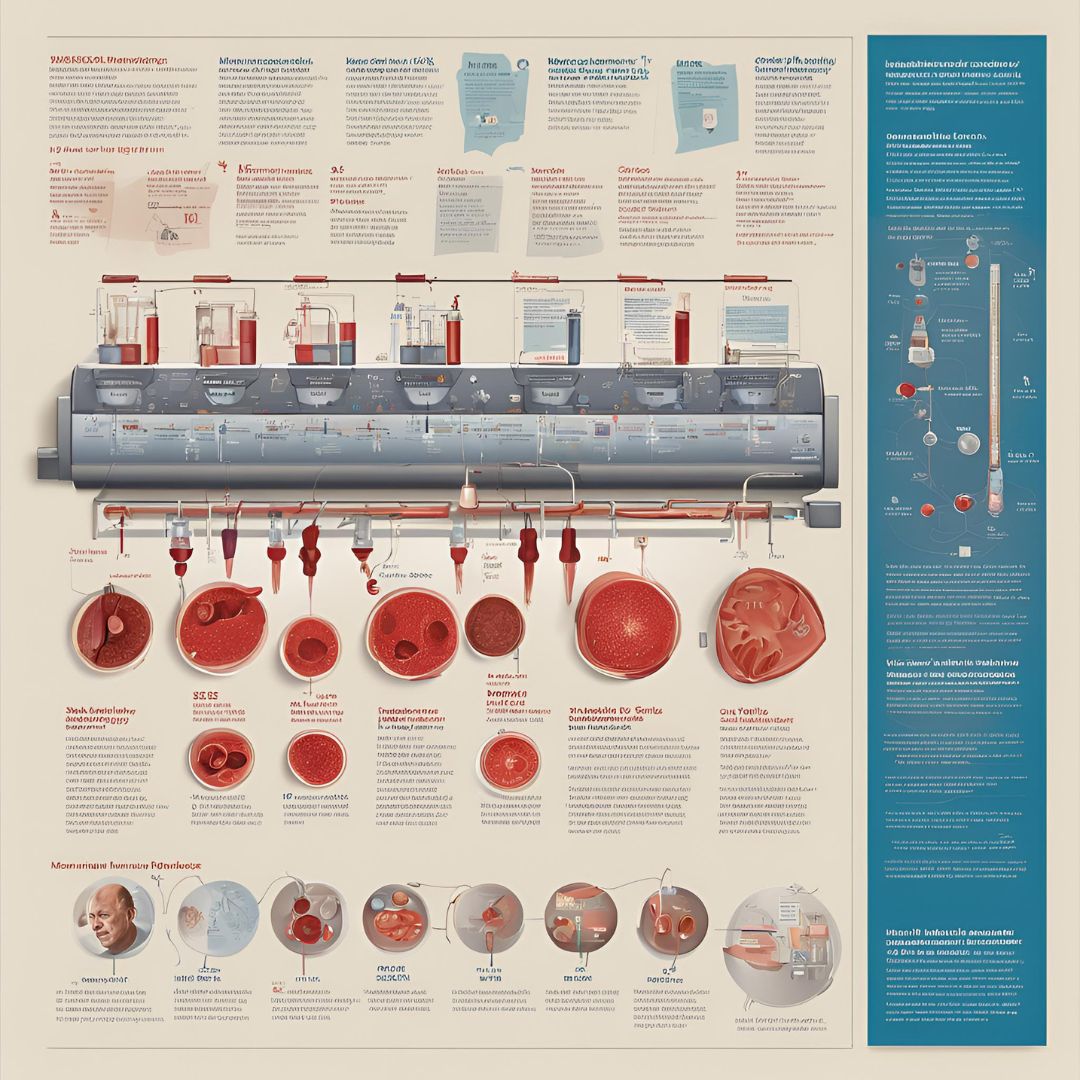The Role of Advanced Biomedical Research
Advanced biomedical research is at the forefront of revolutionizing healthcare, driving innovations that improve patient outcomes and offer new treatment possibilities. From decoding the human genome to developing targeted therapies, this field is transforming how we understand and treat diseases.
1. The Impact of Genetic Research
- Precision Medicine: One of the most significant advancements in biomedical research is precision medicine, which tailors treatments to individual genetic profiles. By understanding a patient’s unique genetic makeup, researchers can develop therapies that are more effective and have fewer side effects.
- Genetic Engineering and CRISPR: The advent of CRISPR technology has opened new avenues in genetic engineering, allowing scientists to edit genes with unprecedented precision. This breakthrough has potential applications in treating genetic disorders, cancer, and even chronic diseases.

2. Nanotechnology in Biomedical Research
- Targeted Drug Delivery: Nanotechnology is revolutionizing drug delivery systems, enabling medications to be delivered directly to the affected cells. This approach minimizes side effects and improves the efficacy of treatments, especially in cancer therapy.
- Diagnostics and Imaging: Nanotechnology is also enhancing diagnostic tools, offering more accurate and early detection of diseases. Nano-scale imaging technologies are helping researchers and clinicians visualize complex biological processes in real-time.
3. Regenerative Medicine: Healing from Within
- Stem Cell Research: Regenerative medicine, particularly stem cell research, is one of the most promising fields in advanced biomedical research. Stem cells have the potential to repair or replace damaged tissues, offering hope for conditions like spinal cord injuries, heart disease, and neurodegenerative disorders.
- 3D Bioprinting: The development of 3D bioprinting technology allows for the creation of tissues and organs in the lab. This innovation is paving the way for organ transplants and personalized medicine, reducing the need for donor organs.

4. Artificial Intelligence and Big Data in Biomedical Research
- AI in Drug Discovery: Artificial intelligence (AI) is accelerating the drug discovery process by analyzing vast amounts of data to identify potential drug candidates. AI algorithms can predict how different molecules will interact with biological targets, speeding up the development of new therapies.
- Big Data in Epidemiology: Big data analytics is transforming epidemiology, enabling researchers to track disease outbreaks, understand patterns in health data, and develop predictive models for public health interventions.
5. Ethical Considerations in Advanced Biomedical Research
- Balancing Innovation and Ethics: As biomedical research pushes the boundaries of what is possible, it also raises important ethical questions. Issues such as gene editing, cloning, and the use of AI in healthcare must be carefully considered to ensure that advancements are made responsibly.
- Patient Privacy and Data Security: With the rise of big data and AI, protecting patient privacy and ensuring data security are more critical than ever. Ethical guidelines and regulations are necessary to safeguard sensitive health information while enabling research progress.

The Future of Advanced Biomedical Research
Advanced biomedical research is unlocking the future of healthcare, offering innovative solutions to some of the most pressing medical challenges. As technology continues to evolve, the possibilities for improving human health are limitless. By staying informed and engaged with the latest research, we can look forward to a future where healthcare is more personalized, effective, and accessible.






